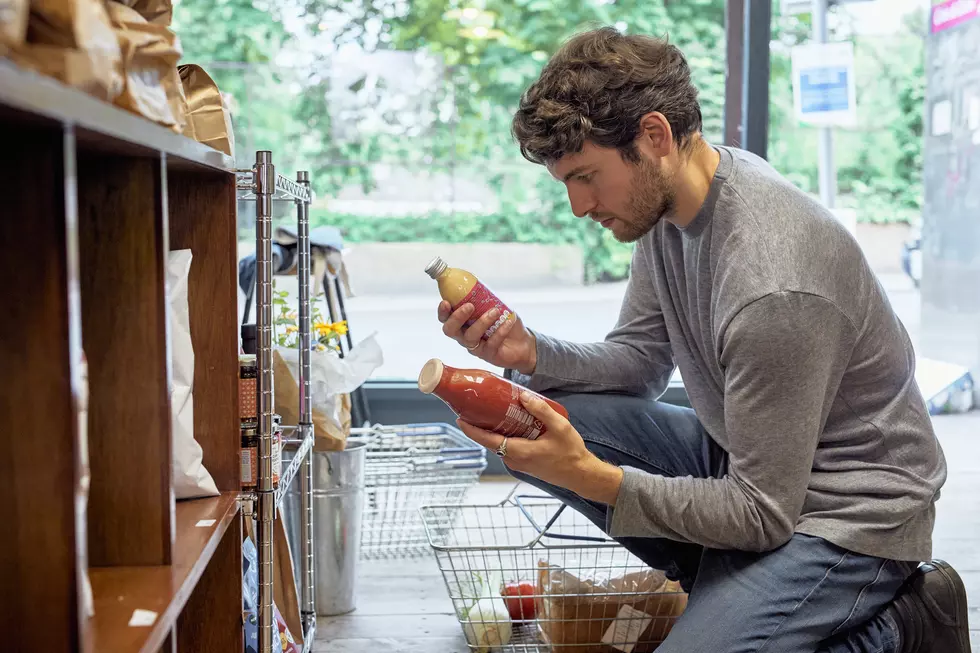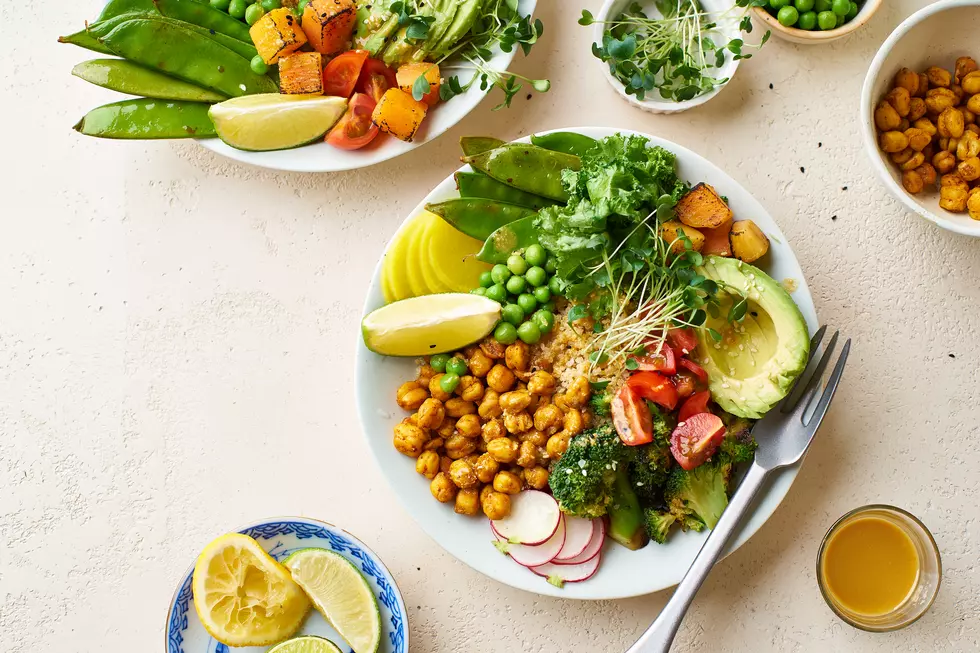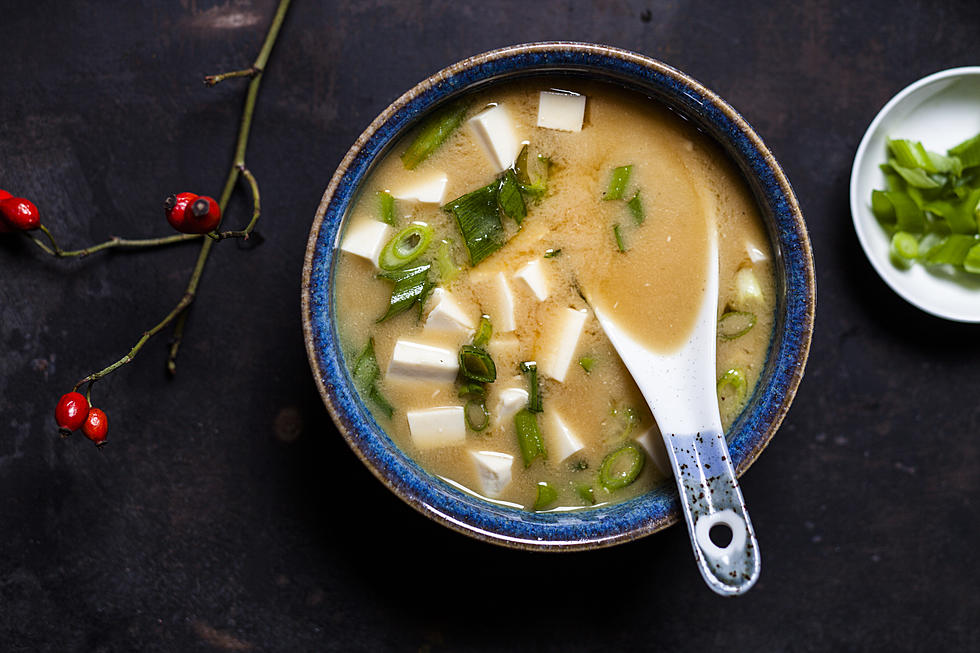
Doctor: Keep Blood Sugar Low to Help Prevent Severe COVID Symptoms
Keeping blood sugar low and stable can help you stay healthier, and fight off the worse symptoms of COVID-19 if you get infected with the Delta variant, according to a diabetes doctor. The symptoms of infection are made worse by conditions related to insulin resistance, diabetes, and the inflammation that accompanies them, a study confirms. Research shows that people with diabetes are twice as likely to be admitted to the ICU with COVID as those who get the virus but do not suffer from conditions related to high blood sugar and diabetes.
We can't control the virus, but we can somewhat control our body's reaction to it, doctors are finding, and Dr. Mark Cucuzzella, a Family Medicine professor at West Virginia University School of Medicine, is recommending that his patients eat a low-carb, high fiber diet and try to reduce their blood sugar levels to a healthy range before they get the virus, to help them ride out COVID-19 with milder symptoms if they do get infected.
Inflammation in the body can leave us vulnerable to all kinds of lifestyle diseases, including the virus, and people with high blood sugar generally suffer worse symptoms of COVID-19, explains Dr. Cucuzzella, which is why he is urging his patients to get healthier. He is also the author of the book Low-Carb on Any Budget.
Blood sugar is tied to immune response, inflammation, and the cytokine storm
A recent study found that "the level of blood glucose control directly affects the immune response and state of the body. Diabetic patients have low immunity and are prone to increase the risk of disease.
"Once infected, [the virus] is likely to aggravate the condition of diabetic patients further," the authors found, and "increase the difficulty of blood glucose control, and more easily aggravate the infection, thus leading to cytokine storm and acute inflammatory response. Inflammation is closely related to the occurrence and development of diabetes."
The study found that COVID-19 patients with diabetes had higher serum levels of inflammation-related biomarkers and were susceptible to a cytokine storm, leading to rapid deterioration of COVID-19.
"Inflammatory cytokines can cause structural and functional abnormalities of endothelial cells, leading to insulin transport disorder in human tissues and cells, and thus lead to insulin resistance. At the same time, inflammatory cytokines may lead to structural changes and dysfunction [pancreatic] cells, promote apoptosis of [pancreatic cells], cause insufficiencies of insulin secretion, and eventually lead to the rise of blood glucose."
Blood sugar levels are tied to simple carbs in our diet
Here's how blood sugar and works in the body: Your bloodstream contains five liters of volume, and can only handle the equivalent of one teaspoon of sugar at any given time, according to Dr. Cucuzzella, a doctor who treats diabetes patients, and helps them lower their blood sugar, lose weight and be healthier by following a low-carb diet.
Above that amount of blood sugar or 90 to 110 milligrams/deciliter, your body works to strictly regulate what stays in the blood (in the form of glucose) and what gets sent off to the cells–in the liver, muscles, and organs–to "run on" or use as fuel. Once those cells are full and topped off, the signaler hormone insulin instructs the body to store the extra glucose as fat, which for easy access, is usually stored as belly fat. (People with excess belly fat often have insulin resistance, which is when there is too much insulin for the body to respond to.)
How many carbs is too many to be healthy and keep blood sugar low?
The average American meal has from 60 to 75 grams of carbs for men, 45 to 60 grams for women, that's more than 15 times the amount of carbs in a teaspoon (4.2 grams), or what the bloodstream can manage at any given time. Those excess carbs have to go somewhere, Dr. Cucuzzella explains, so insulin starts "knocking on the door" to tell the body to send the excess blood sugar to the cells, or the overflow to your fat cells. As you eat more carbs than the body can handle, more insulin gets released, and eventually, the body stops listening or "resists" the message, which is what is known as insulin resistance.
USDA recommends 130 grams of carbs, which this doctor thinks is too high
The USDA's Recommended Daily Allowance (RDA) for carbs is 130 grams of carbs per day. "You can see why we have a problem," says Dr. Cucuzzella, who recommends anyone with a large amount of belly fat, or who has insulin resistance, or who suffers from diabetes or is clinically overweight or has obesity, dial way back on the carbs and stick to much fewer carbs in their daily diet. He espouses a low-carb diet for most patients, and he himself lives this way: "I have lived on 20 to 30 grams of carbs a day, and as a diabetic, it keeps me running," writes Dr. Cucuzzella in an email. "Off to run now."
The combination of diet and exercise is one way to regulate blood sugar levels, prevent the spikes of insulin that can cause weight gain, and maintain a healthy weight. The overall recommendation from this diabetes doctor, who himself has diabetes, is to lower your carb intake, eat more high fiber foods, which helps the body stabilize blood sugar and keep a healthy gut microbiome, and exercise daily.
The Dietary Guidelines for Americans recommend that carbohydrates make up 45 to 65 percent of your total daily calories, according to the Mayo Clinic. That means if you eat a total of 2,000 calories a day, between 900 and 1,300 calories should be from carbohydrates, which translates to 225 and 325 grams of carbohydrates a day. Notably, the World Health Organization recommends less than half that amount, urging us to reduce our daily intake of "free sugars" to less than 10 percent of our total intake. The WHO says "further reduction to below 5 percent, or roughly 25 grams per day would provide additional health benefits."
The body simply can't burn off that much extra energy, and instead of using it, you store it, often as belly fat, Dr. Cucuzzella explains. "Belly fat is dangerous fat," he says, since it raises our risk of heart disease, stroke, diabetes, and chronic inflammation, making us more susceptible to infections such as viral infection from COVID-19.
How does sugar in the diet impact our ability to fight off COVID-19
One link between blood sugar, inflammation, and COVID-19 is that if we do get sick, as can happen with any viral infection, including the one caused by COVID-19, our symptoms are far worse if we already have chronic inflammation in the body. The cytokine storm reaction to the virus, when your immune system goes into overdrive and floods the bloodstream with anti-viral immune cells, also drives up the glucose in the body, Dr. Cucuzzella explains.
"I work in a hospital and see what happens when someone comes in with COVID-19 and has metabolic syndrome," says Dr. Cucuzzella. Metabolic syndrome is a bundle of conditions that are all related to an overworked insulin system, which causes inflammation, increased chance of obesity, and diabetes, along with a higher risk of diseases like heart disease and stroke.
"If you want to protect yourself from the next wave of COVID-19, get healthy now. We see in the hospital when someone gets infected with COVID, the cytokine storm causes their glucose to go up. But you can get healthy by maintaining a low-carb diet. That really has strength against the virus.
"If you are ever in hospital you need to have the host or body be healthy to fight the infection. The cytokine storm causes hyperglycemia. And when we have hyperglycemia our whole immune system function is disabled and it starts a cascade of negative effects. We don't have a good treatment for the cytokine storm yet. You have to ride it out. The people who have it the worst are people with some spectrum of high blood sugar or metabolic syndrome."
According to a recent study, COVID-19 symptoms and the effects of elevated blood sugar in diabetics impact each other and cause worse symptoms and more cell damage than either condition alone. "The virus infection symptoms and diabetes affect each other and aggravate each other, leading to further deterioration of the condition," the study found.
"The clinical spectrum of COVID-19 ranges from mild, moderate, severe to critical conditions. Some patients show symptoms like a common cold, while others have severe lower airways symptoms and die," according to the researchers. "Patients with diabetes or hypertension had a 2-fold increase in the risk of severe disease or requiring intensive care unit (ICU) admission."
Dr. Cucuzzella's recommendation is that anyone who can get healthier now and stay healthy by eating a low-carb diet do so, in order to protect themselves from the most severe symptoms of COVID-19.
How much sugar is best to keep blood sugar low and maintain a healthy weight
Dr. Cucuzzella says he has eaten 20 to 30 grams of carbs a day for ten years, and as someone with diabetes, and this level "keeps me well and running." For a list of the best foods to eat to keep blood sugar low, Dr. Cucuzzella shares his list of foods that are non-starchy plant foods that he gives to his patients.
The first thing Dr. Cucuzzella recommends is that we all put a "Lockdown on Sugar." Along with limiting your intake of simple sugar and processed foods, you can keep blood sugar low by adding high-fiber foods to your diet, which helps regulate blood sugar and allows the body to absorb nutrients and energy from the foods you eat steadily, without causing a spike in insulin. Here are 21 foods to incorporate into a healthy diet to keep blood sugar under control and maintain a healthy weight.
The 22 "green foods" that help keep blood sugar low
When choosing carbs, you need to look for healthy carbs that are high in fiber. This list appears in his book, Low Carb on Any Budget. "It should not be expensive to eat healthily," says Dr. Cucuzzella. We call it the Green Food list. Eat these to help lower insulin resistance and lose belly fat."
- Avocado
- Asparagus
- Bell Pepper
- Brussels Sprouts
- Cabbage
- Cauliflower
- Cucumber
- Green Onions
- Jalapeño
- Mushrooms
- Olives
- Onion
- Pickles
- Romaine Lettuce
- Spinach
- Sauerkraut
- Tomatoes
- Zucchini
- Macadamia Nuts
- Almonds
- Walnuts
- Pecans
For more great content like this, and ways to incorporate a healthy, plant-based diet into your life, check out The Beet's Health and Nutrition articles.
Read More: How to Lower Insulin Resistance and Lose Fat, From a Doctor | The Beet |
More From The Beet









